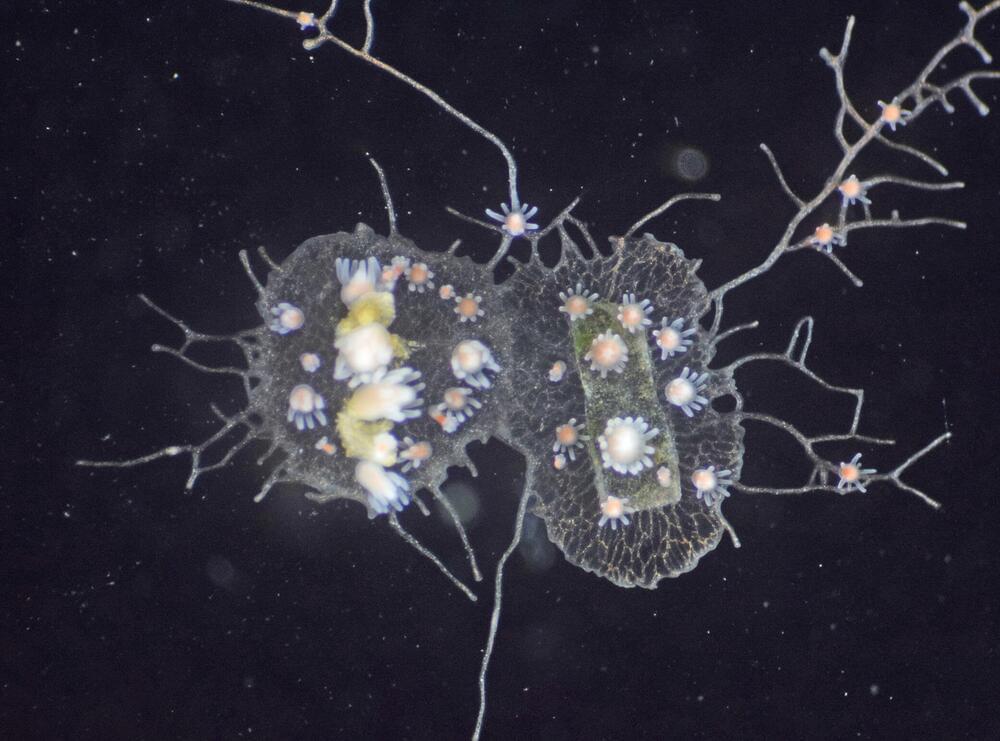How a tiny marine invertebrate distinguishes its own cells from competitors’ bears striking similarities to the human immune system, according to a new study led by University of Pittsburgh School of Medicine researchers.
The findings, published now in Proceedings of the National Academy of Sciences, suggest that the building blocks of our immune system evolved much earlier than previously thought and could help improve understanding of transplant rejection, one day guiding development of new immunotherapies.
“For decades, researchers have wondered whether self-recognition in a marine creature called Hydractinia symbiolongicarpus was akin to the processes that control whether a piece of skin can be successfully grafted from one person to another,” said senior author Matthew Nictora, Ph.D., assistant professor of surgery and immunology at the Thomas E. Starzl Transplantation Institute. “Our study shows for the first time that a special group of proteins called the immunoglobulin superfamily— which are important for adaptive immunity in mammals and other vertebrates—are found in such a distantly-related animal.”









Comments are closed.